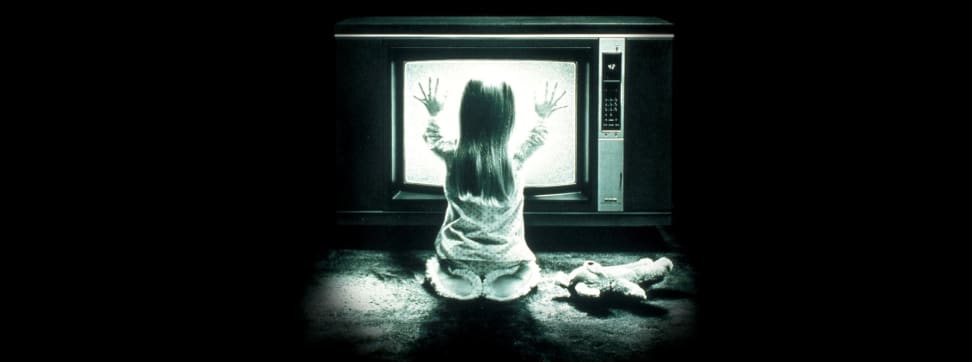 Credit:
Credit:
Recommendations are independently chosen by Reviewed's editors. Purchases made through the links below may earn us and our publishing partners a commission.
In his masterwork, Infinite Jest, David Foster Wallace described the samizdat, a fictional film so enthralling that viewers lose all desire to do anything but watch it, and eventually die.
If Wallace were still alive today, he’d probably regard TV binge-watching as the real-life equivalent.
Okay, so the dying part is a bit of a stretch, but there's no doubt that binge-watching is the most passive, hypnotic form of entertainment currently available: hour after hour after hour of pure, unadulterated narrative escape. Described that way, it actually does sound like some kind of socially acceptable drug.
Whatever. Game of Thrones really is that good.
This week, TiVo released the results of a survey on binge-watching habits among its subscribers. Surprisingly (or not at all, depending on your own habits), more than 90 percent of 15,000-plus respondents admitted to binge-watching—here defined as watching three episodes of the same program in a row. (That's a conservative definition in some households.)
The top reason for binging? The majority of respondents cited the need to “catch up” on a given program, while nearly one-third claimed they deliberately postpone watching entire seasons just to watch the whole thing in one go.
But before we get any further into the results, can we address the term “binging”? This is a pejorative term more commonly associated with the destructive drinking habits of college kids, or eating disorders. Does it disturb anyone that we also use this term to nonchalantly characterize our TV-watching habits? Is anyone else worried about this?
No? Didn't think so.
When asked if they view the term in a negative way, only a third of respondents said yes. That’s down from 53 percent in April of last year.
“It is now literally impossible for viewers to see all the shows they enjoy when they are first broadcast, and there's no 'summer break' when viewers can catch up,” said TiVo chief research officer Jonathan Steuer. “But thanks to the control over cable, broadcast and OTT content [and] the proliferation of streaming services like Netflix, binge-viewing has rapidly become common practice."
The title of "most binge-watched show" goes to Breaking Bad, which is probably not surprising if you’re familiar with Walter White's epic transformation into the ruthless Heisenberg. (And then back again? It’s up for debate.)
Thirty-five percent of respondents claimed to have binge-watched the AMC show, followed by 29 percent who said the same for House of Cards.
While I’m no stranger to binge-watching (I'm crushing The Wire right now), there’s something... exhilarating about being forced to wait a week for a new episode. Kevin Spacey is right to suggest that the line between film and television is blurring, but serialization doubtlessly adds to the suspense of a narrative.
To each his own, I guess.

